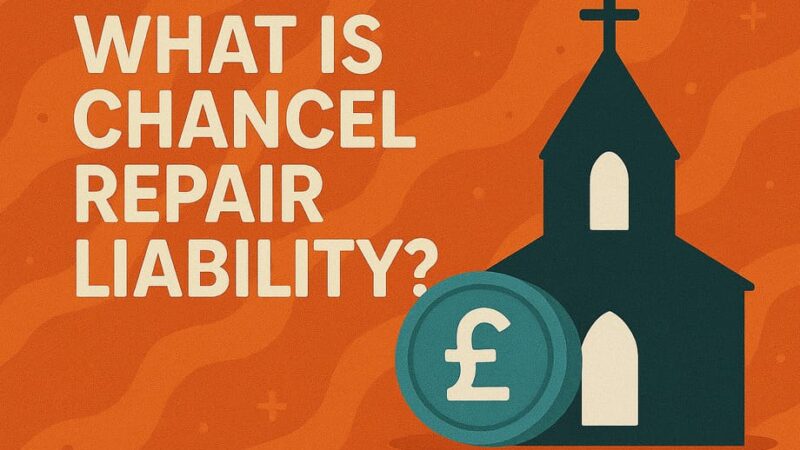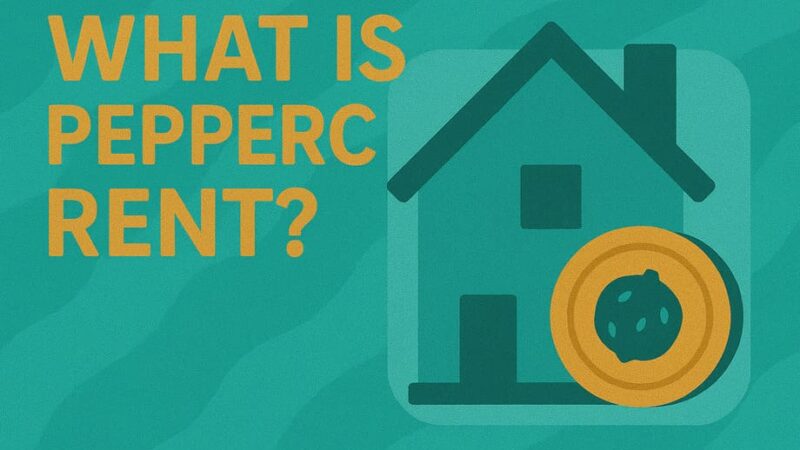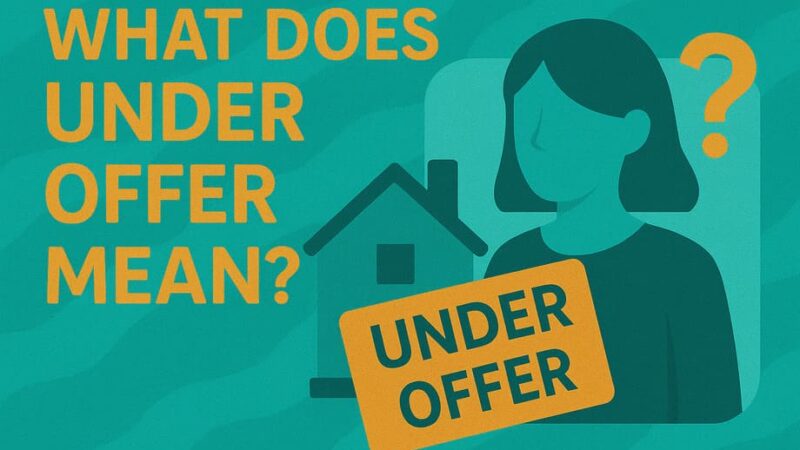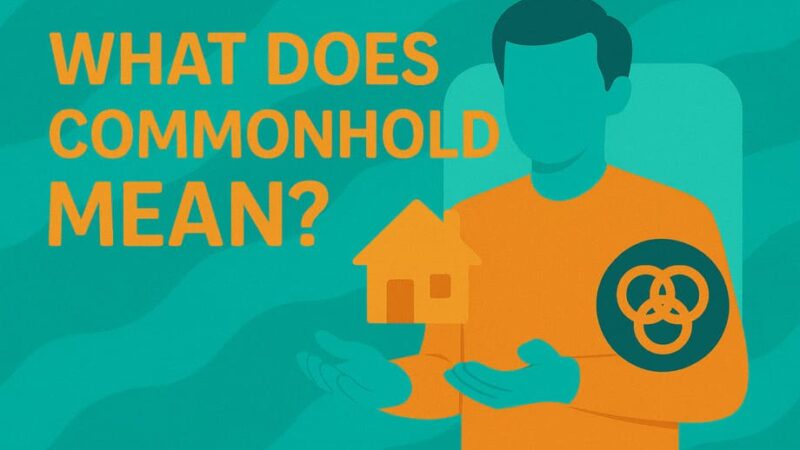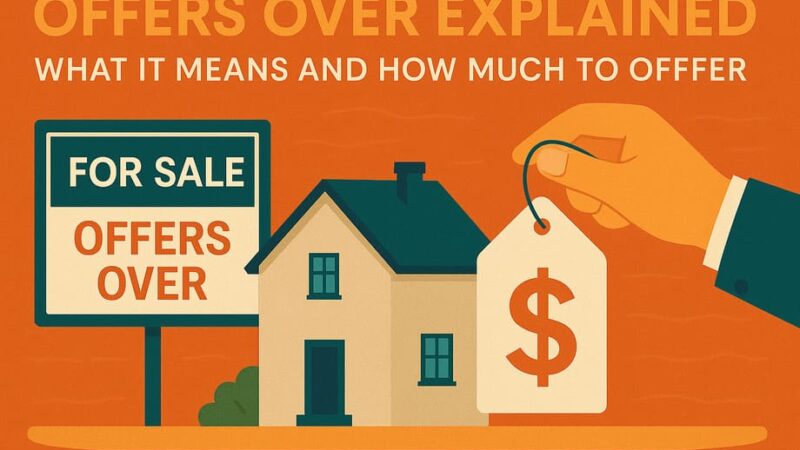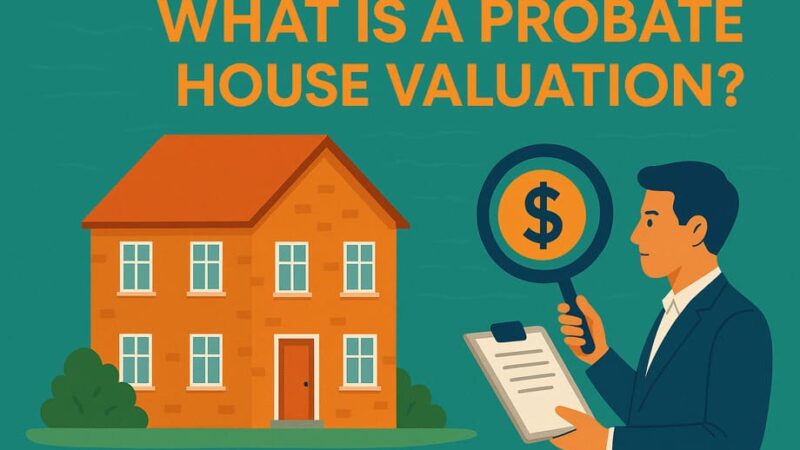What Is Curb Appeal and Why Does It Matter?
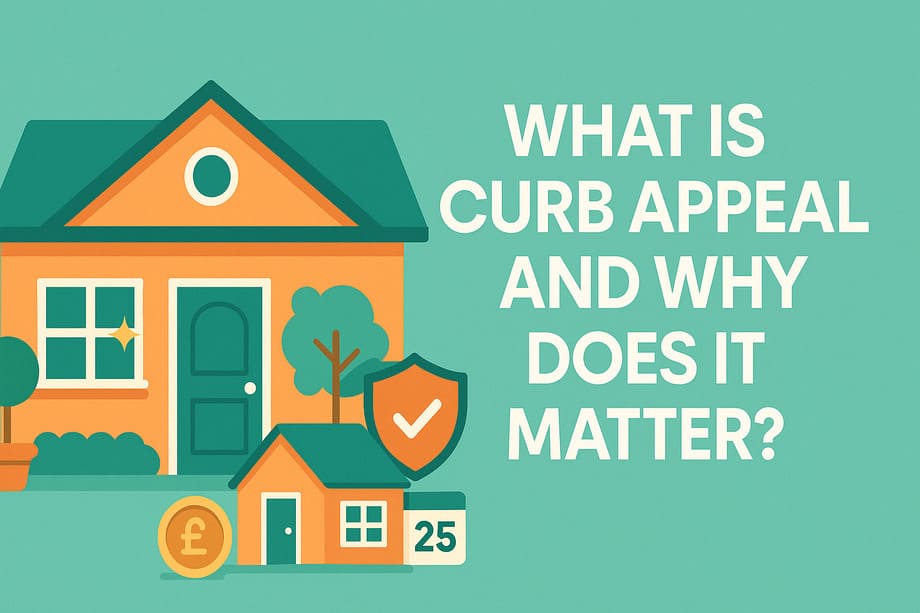
Picture this: you’re house hunting, driving down a leafy street in search of your dream home. Suddenly, one property catches your eye, immaculate front garden, freshly painted front door, pristine windows gleaming in the sunlight. Before you’ve even stepped inside, you’re already imagining yourself living there. That magnetic quality? That’s curb appeal at work.
In today’s competitive UK property market, where buyers often view multiple homes in a single day, the exterior of your property has mere seconds to make a lasting impression. With 68% of UK homeowners admitting that curb appeal influenced their buying decision, understanding this concept isn’t just helpful, it’s essential for anyone looking to sell their home or simply boost their property’s value.
What Does “Curb Appeal” Mean?
Simple Definition
Curb appeal or “kerb appeal” as we say in the UK refers to the visual attractiveness of your property when viewed from the street. It’s the sum total of everything potential buyers see before they even ring your doorbell: your front garden, driveway, exterior walls, windows, front door, and any visible outbuildings or features.
Think of curb appeal as your home’s first impression outfit. Just as you wouldn’t turn up to a job interview in wrinkled clothes, your property shouldn’t greet potential buyers with peeling paint and overgrown hedges.
Examples in Real Life
Strong Curb Appeal:
- A Victorian terrace with a freshly painted black front door, window boxes bursting with seasonal flowers, and a well-maintained front path
- A modern suburban home with pristine white walls, manicured lawn, and contemporary outdoor lighting
- A period cottage with climbing roses around the entrance, clean windows, and a charming gate
Poor Curb Appeal:
- Cracked or weed-filled driveways
- Peeling exterior paint or dirty walls
- Overgrown gardens with dead plants
- Broken or missing roof tiles
- Dirty windows or damaged frames
- Wheelie bins left prominently on display
Why Curb Appeal Is Important When Selling a Home
First Impressions for Buyers
Estate agents know a fundamental truth: buyers make snap judgements within 30 seconds of seeing a property’s exterior. In our digital age, this often happens even before they visit—through online property listings where exterior photos are the first point of contact.
When buyers pull up outside your home, they’re not just looking at bricks and mortar; they’re envisioning their future lifestyle. A well-maintained exterior signals that the property has been loved and cared for, suggesting the interior will be equally impressive. Conversely, a neglected exterior can create doubt about hidden maintenance issues, potentially deterring buyers before they’ve crossed the threshold.
Research shows that 93% of UK buyers are more likely to attend a viewing if the property’s exterior appears well-maintained. This single statistic demonstrates how crucial those first few seconds really are.
Boosting Property Value
The financial impact of curb appeal extends far beyond aesthetics. Recent UK studies reveal some striking statistics:
- Nearly one-third of British buyers would pay 25% more for a property with excellent curb appeal
- Based on the average UK home value, this could translate to an additional £55,000 in selling price
- In London, this premium can soar to an impressive £117,966
- Properties with strong curb appeal can see value increases of 3-10%
These aren’t just marketing claims, they reflect real market behaviour. When buyers perceive a property as move-in ready and well-maintained, they’re willing to pay a premium for that peace of mind.
Faster Sales vs Poor Curb Appeal
In today’s fast-paced property market, time really is money. Properties with excellent curb appeal typically enjoy:
- Faster sale times compared to similar properties with poor exterior presentation
- More viewing requests from the initial online listing
- Higher quality enquiries from genuinely interested buyers
- Reduced negotiation on asking price due to strong first impressions
Conversely, properties lacking curb appeal often languish on the market longer, sometimes requiring price reductions to attract buyers. Estate agents report that poor curb appeal is one of the top reasons potential buyers skip viewings altogether.
Easy Ways to Improve Curb Appeal on a Budget
Landscaping & Gardening
Your front garden is often the largest visual element of your property’s exterior, making it a prime opportunity for improvement:
Lawn Care (£50-£150):
- Regular mowing, edging, and weeding
- Reseeding bare patches for a lush, green appearance
- Adding fresh borders to define garden edges
Plant Strategy (£100-£500):
- Choose low-maintenance, native plants that thrive year-round
- Add evergreen shrubs for structure and seasonal colour
- Plant bulbs for spring interest—daffodils and crocuses create instant charm
- Use potted plants around the front door for flexibility
Garden Maintenance (£150-£300):
- Apply fresh mulch to flower beds for a polished look
- Trim overgrown hedges and bushes
- Remove dead or dying plants immediately
- Add seasonal hanging baskets for colour
Pro Tip: Wisteria can add up to 5% to your property value, while a well-maintained garden could boost value by as much as £58,000.
Fresh Paint & Door Upgrades
Exterior Walls (£500-£2,000):
- Pressure wash exterior walls to remove dirt and grime
- Touch up or completely repaint areas showing wear
- Consider neutral colours that appeal to a broad audience
Front Door Transformation (£100-£800):
- A fresh coat of paint can work wonders—research shows properties with red, grey, or black front doors achieve the highest selling prices
- Replace tired door furniture: handles, knockers, and house numbers
- Add a stylish doormat and potted plants for a welcoming entrance
- Consider upgrading to a smart doorbell—buyers may pay up to £180 more for this feature
Windows & Frames (£50-£500):
- Professional window cleaning makes an immediate impact
- Touch up or repaint window frames if needed
- Ensure all windows open and close smoothly
Outdoor Lighting & Decor
Lighting Solutions (£200-£1,000):
- Install pathway lighting for both safety and ambience
- Add spotlights to highlight architectural features or mature trees
- Ensure porch lighting is bright and welcoming
- Consider motion-sensor lights for security and practicality
Finishing Touches (£100-£500):
- Upgrade your house numbers to something more contemporary
- Add a stylish mailbox that complements your home’s style
- Hide wheelie bins in a dedicated storage area or behind screening
- Repair any visible damage: cracked pathways, loose fence panels, or missing roof tiles
Driveway Improvements (£100-£500):
- Power wash concrete or paving to remove stains and moss
- Fill cracks and repair any damage
- Add fresh gravel if you have a gravel drive
- Define edges with plants or decorative borders
Final Thoughts – Why Curb Appeal Matters More Than You Think
Curb appeal isn’t just about making your property look pretty, it’s a strategic investment that can yield remarkable returns. In a market where buyers often make emotional decisions within seconds of seeing a property, ensuring your home makes the right first impression isn’t optional; it’s essential.
The beauty of improving curb appeal lies in its accessibility. Unlike major renovations that require significant investment and professional expertise, many curb appeal improvements can be tackled as weekend DIY projects. Whether you’re spending £50 on a pressure washer rental or £500 on professional landscaping, the potential return on investment often far exceeds the initial outlay.
Remember, curb appeal isn’t just about impressing potential buyers, it’s about creating a home you’re proud to return to each day. The satisfaction of pulling into your driveway and admiring your beautifully presented property is a reward in itself. When you do decide to sell, you’ll have the confidence that your home will stand out in the market for all the right reasons.
In today’s competitive property landscape, first impressions aren’t just important—they’re everything. By investing in your property’s curb appeal, you’re not just improving its appearance; you’re maximising its potential, reducing time on market, and positioning yourself for the best possible sale price. The question isn’t whether you can afford to improve your curb appeal, it’s whether you can afford not to.
Last Updated on September 8, 2025 by James Cartwright


